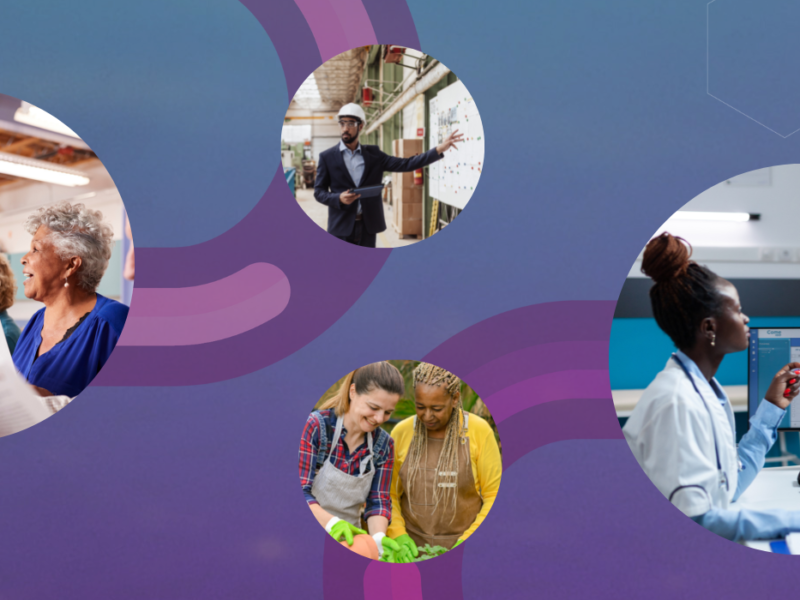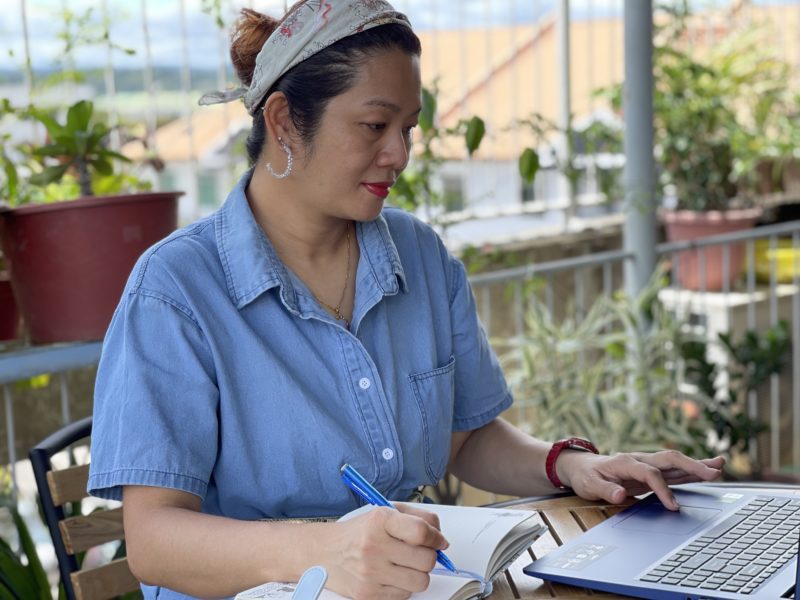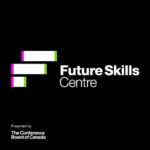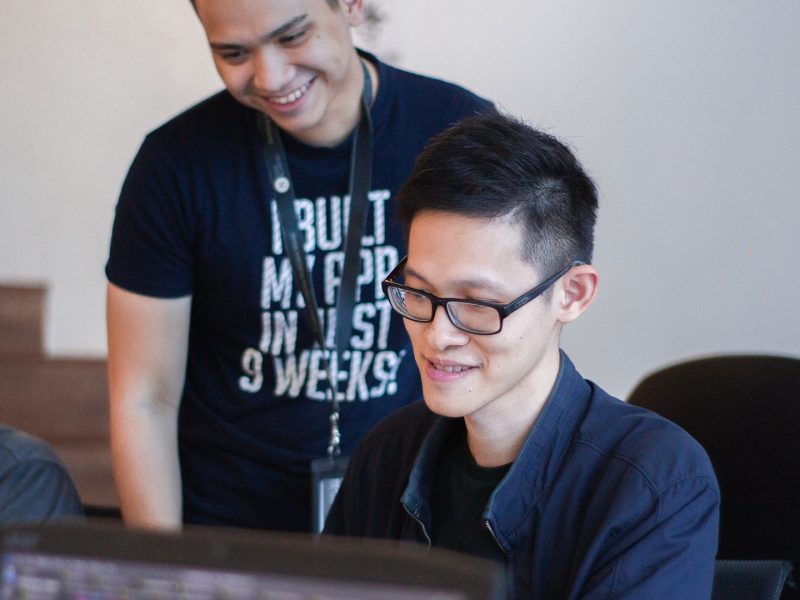Work-integrated Learning
State of Skills
Leveraging the Skills of Newcomers
Navigating career and training decisions is especially complex for newcomers given the challenges they face learning new systems and unfamiliar workplace cultures. Career development support for newcomers should come early and often.
Blog
Employer-sponsored skills training vital in Canada’s changing workforce landscape
In Canada, employer-sponsored training is crucial to ensuring that employees have the necessary skills and knowledge to meet the demands of a constantly-evolving job market....
Research
Experiential learning in the social sector
This report explores experiential learning, also known as work integrated learning, in the social service sector from the perspective of both employers and students in social sciences, humanities and arts
Project
Calgary Regional WIL Secretariate and Portal
Work-integrated learning (WIL) gives people the chance to apply the skills they have learned in the classroom while gaining on-the-job experience and pathways to meaningful...
Research
Jobs and skills in the transition to a net-zero economy: A foresight exercise
This report presents a foresight exercise that models the jobs and skills that would be required in a net-zero economy across a set of distinct futures.
Research
Rising Skills: A Toolbox Talk on Social and Emotional Skills in the Construction Trades
This report looks at the social and emotional skills that construction tradespeople will need to participate in an industry that is becoming increasingly multi-generational and diverse.
Podcast
Season 1 | Episode 5
Bridging the Gap Between Education and Work—WIL
Canada ranks among the top countries in the world in terms of its rates of postsecondary education attainment as well as annual spending per postsecondary...
Featuring: Heather McIntosh, Valerie Walker
Project
Best Practice Models for Industry Engagement
First Canadian test of online VALID-8 tool allowing trades apprentices to be objectively assessed by a certified journeyperson and also demonstrate what they are capable of to prospective employers.
Research
Leveraging the Skills of Social Sciences and Humanities Graduates
Canadians are among the best-educated people on the planet. But are they getting the education they need — particularly in the fields of social sciences and humanities — to maximize their employment prospects in today's fast-changing workplace?










